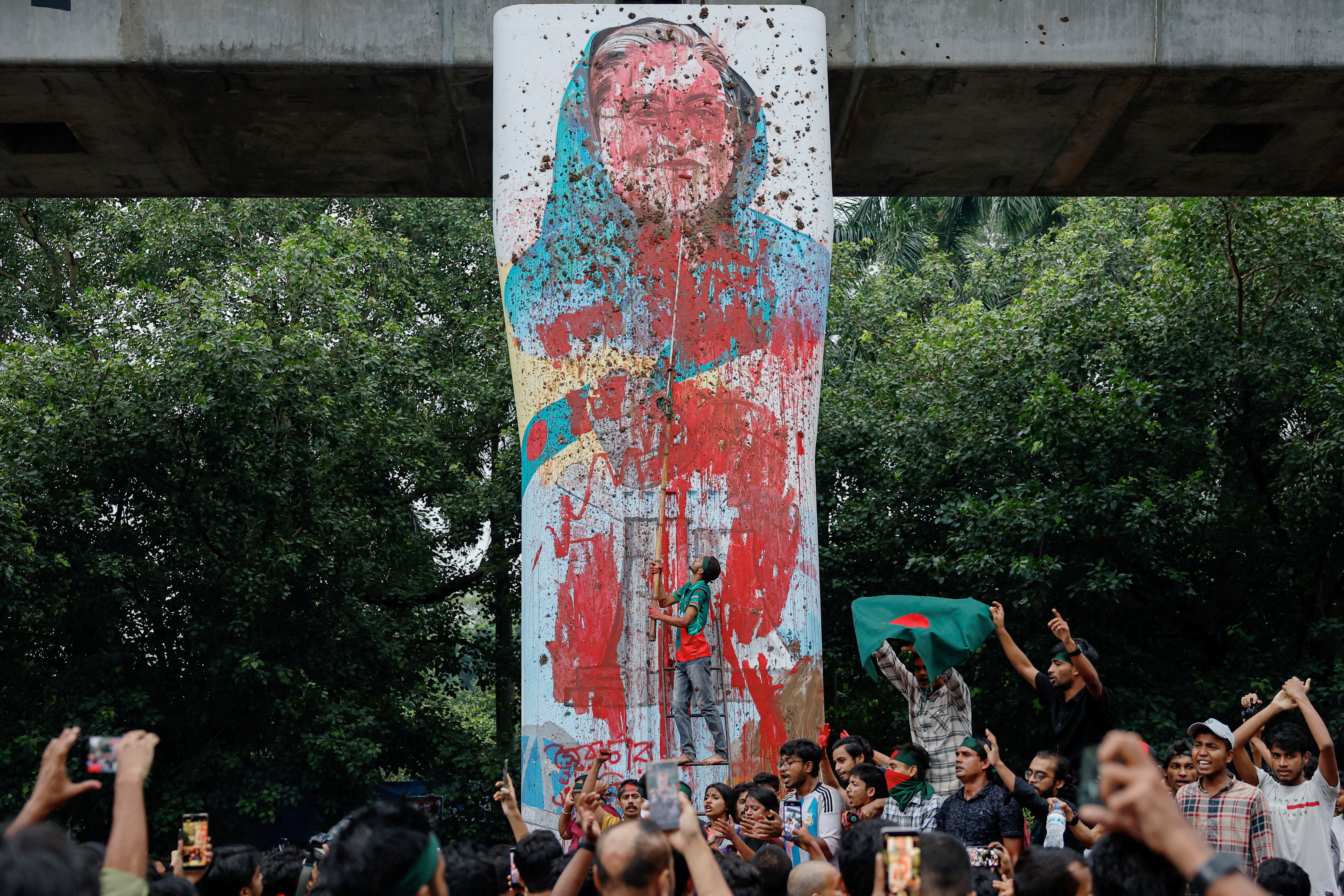Prime minister Sheikh Hasina quit and fled to neighbouring India last week after student-led protests against her spiralled into some of the worst violence in the country since its 1971 independence from Pakistan, killing about 300 people and injuring thousands.
An interim government, led by Nobel prize winning economist Muhammad Yunus, has been appointed to plug a power vacuum and hold elections, but the protests have widened to target officials appointed during Hasina’s term, including the central bank chief and four deputy governors, who have resigned. A new central bank governor has been appointed.
“We see risk of policy inaction and a potential slowdown in financial reforms,” S&P Global Ratings credit analyst Shinoy Varghese said.
The agency said the banking industry’s weaknesses, including a lack of liquidity, thin capital buffers and ailing asset quality, have been exacerbated while the departure of senior central bank officials could delay ongoing structural reforms.
The anti-government protests emerged from a movement in July against quotas in government jobs, as the $450-billion economy – the world’s fastest-growing just years earlier – struggled with youth unemployment, inflation and shrinking reserves.
These conditions drove Hasina’s government to seek a $4.7 billion bailout from the International Monetary Fund, which was approved in January 2023.
The weeks of unrest have fanned inflation in the country, which reached 11.66% in July – when the government imposed a nationwide curfew, shutting down transport, offices and the mainstay garments industry for days – from 9.72% the previous month, according to official data.

Moody’s (NYSE:MCO) Analytics said last week it has revised Bangladesh’s GDP growth forecast for this year to 5.1% from 5.4% previously.
“Bangladesh’s recovery from the currency crisis hinges on the ability of any replacement government to meet public concerns and reestablish social order,” it said in a note.
To read the full article, Click Here

